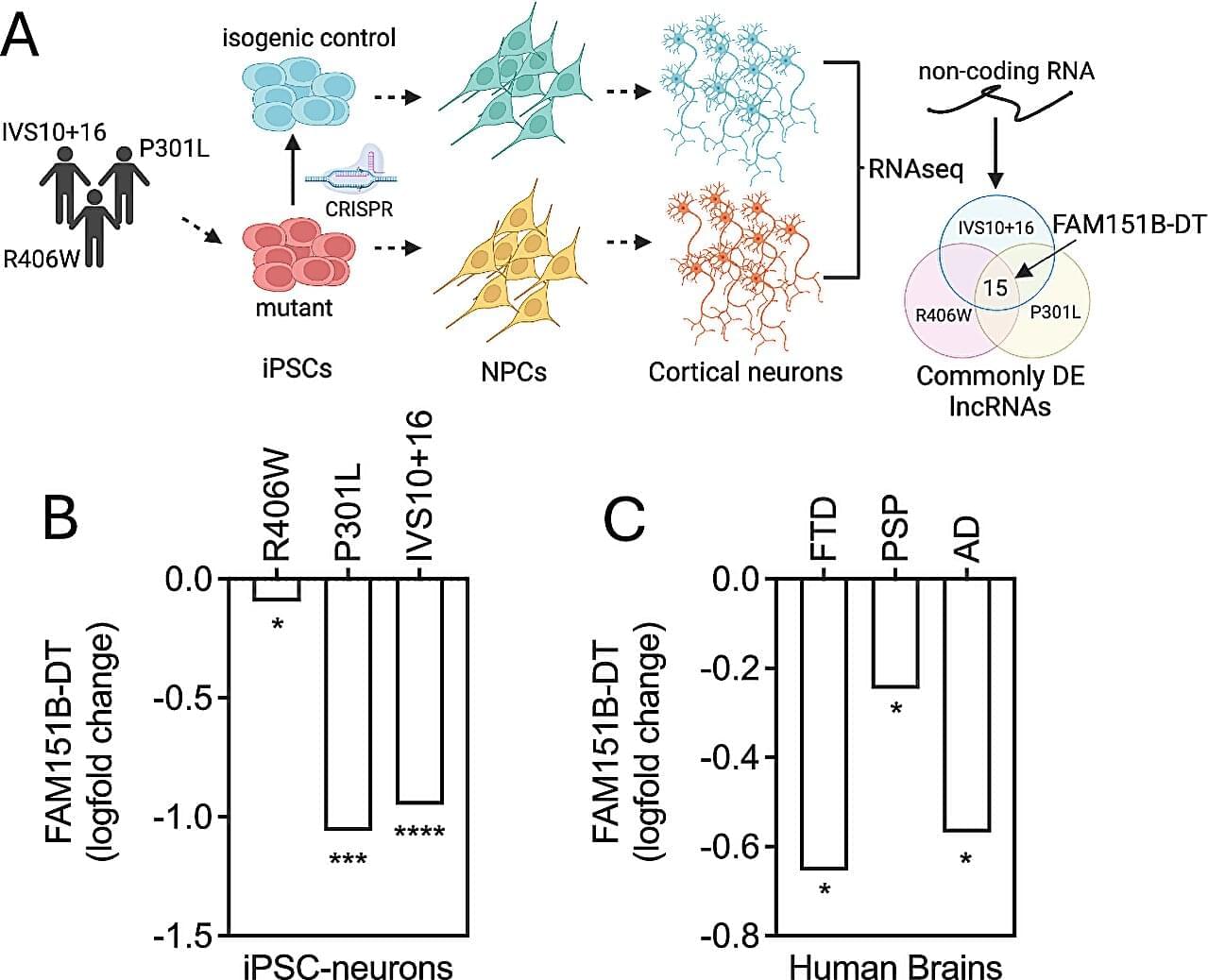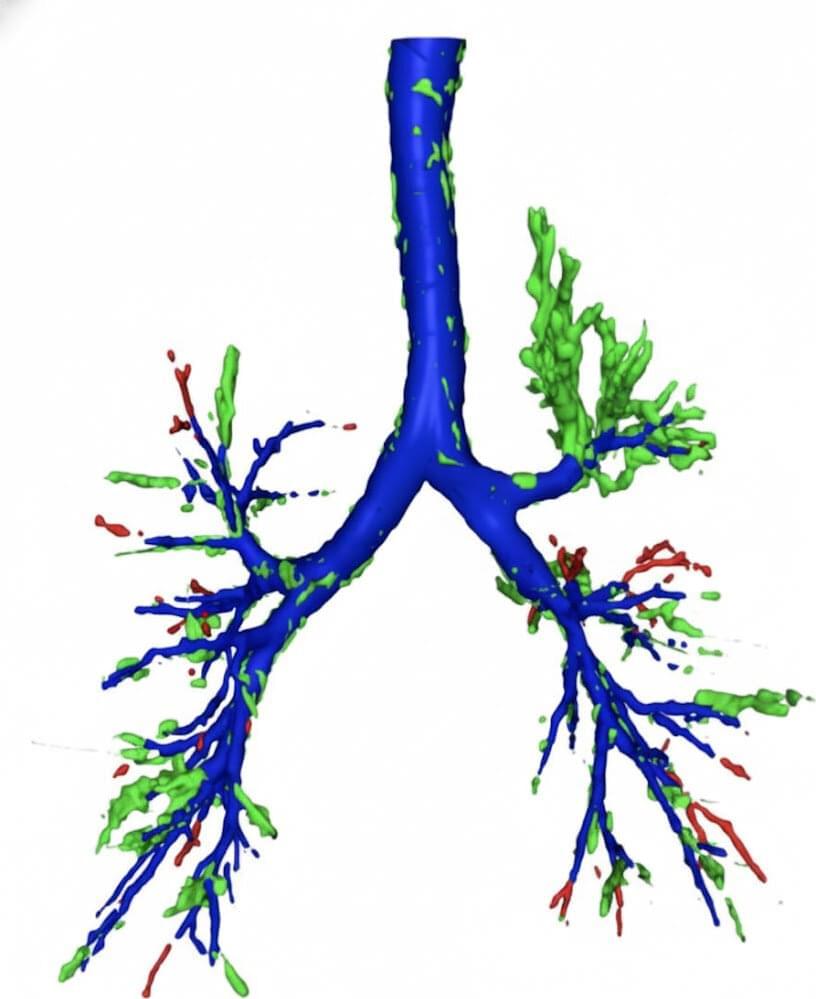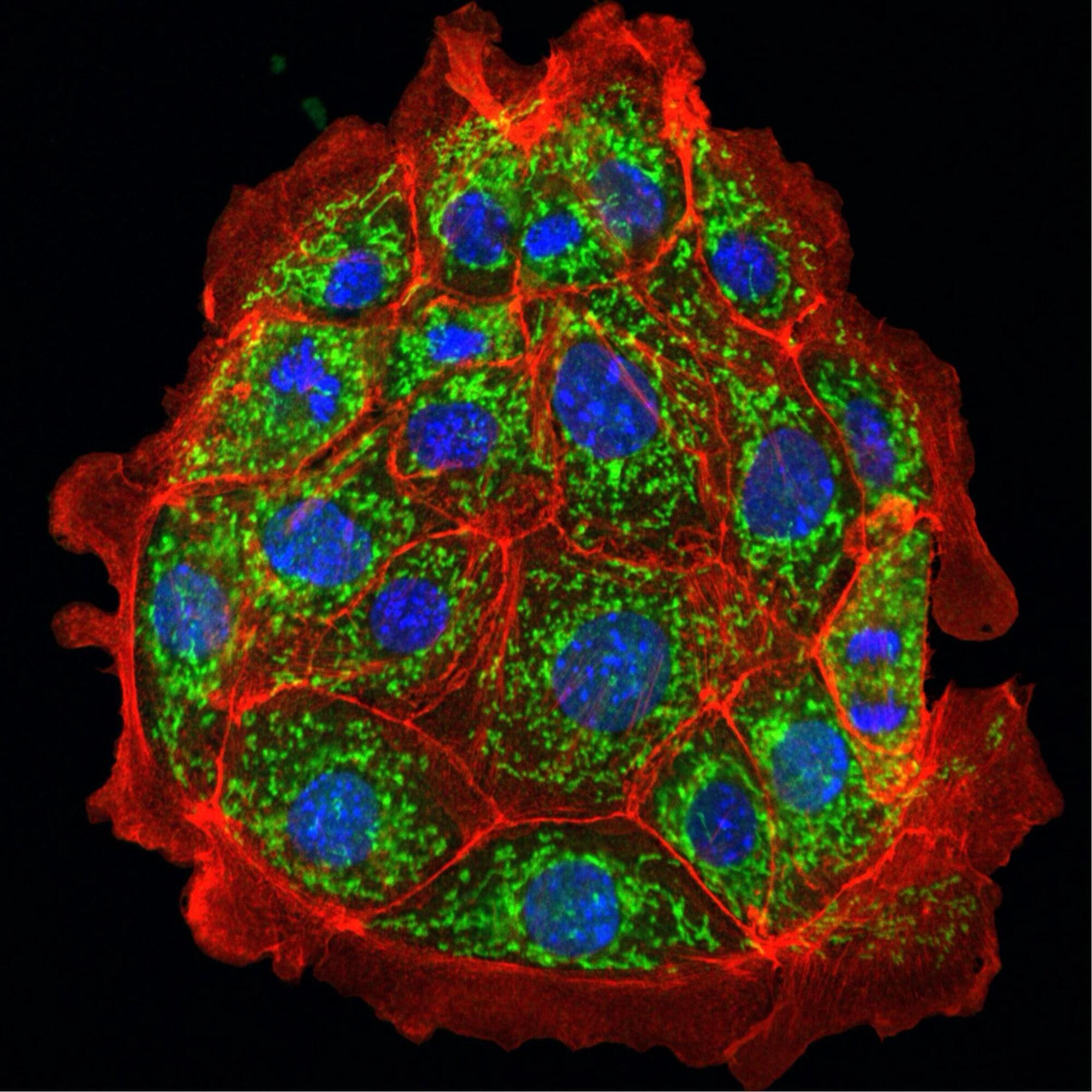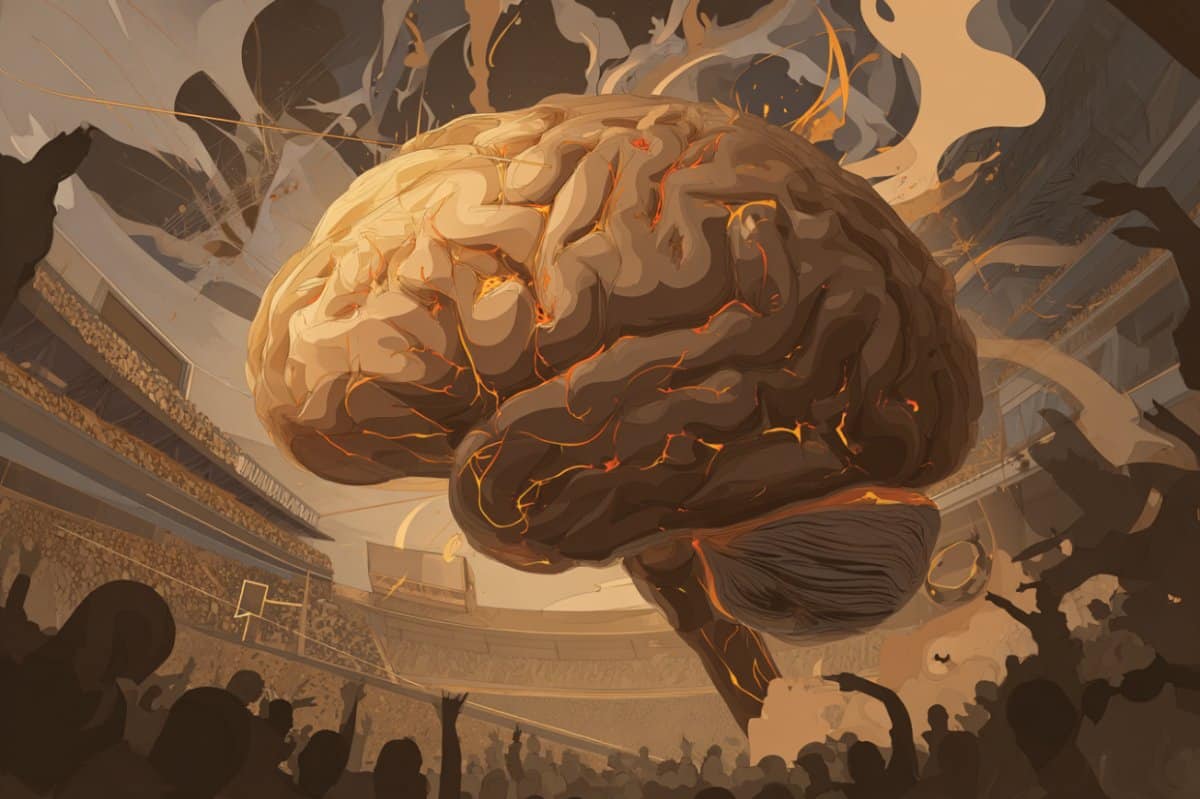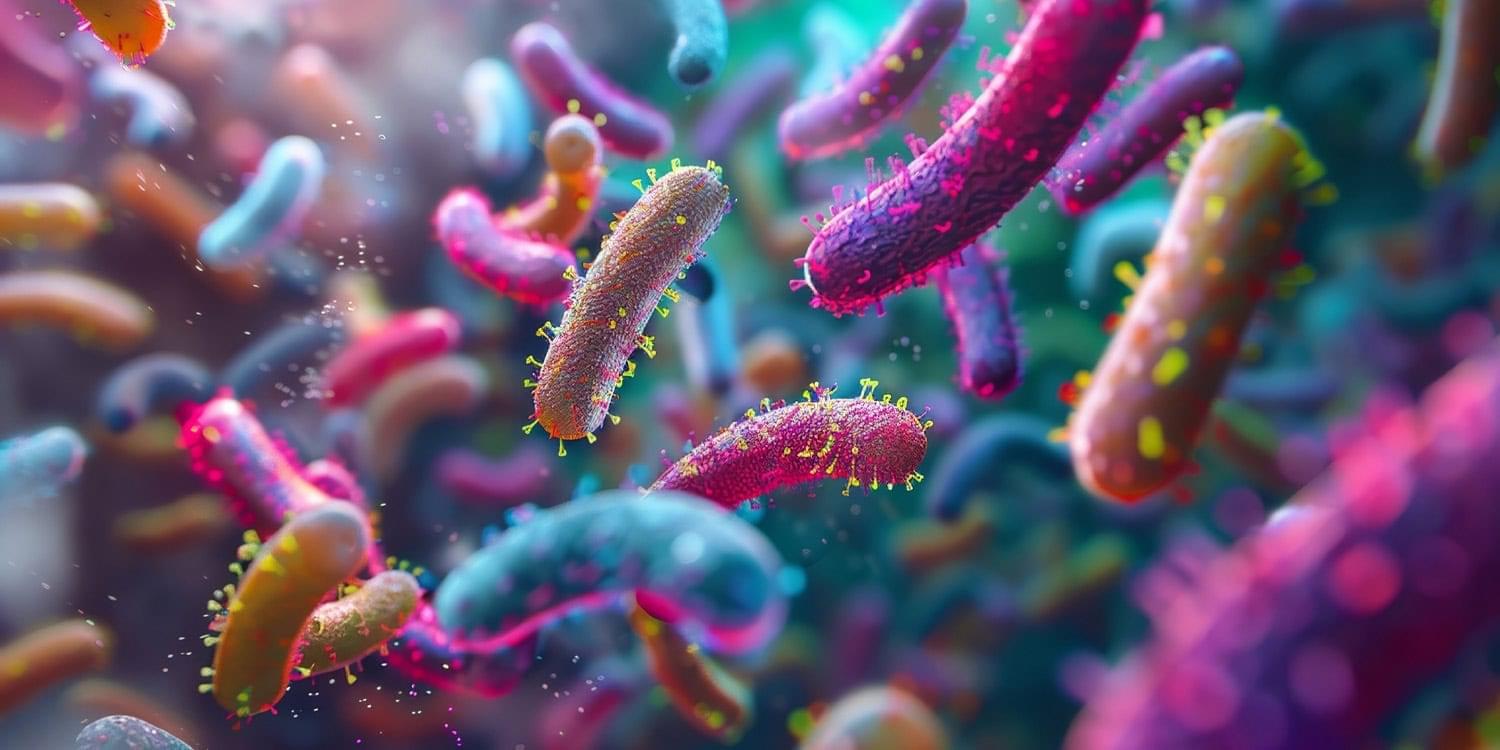Neurodegenerative diseases, such as Alzheimer’s disease and dementia, are medical conditions that entail the progressive loss of neurons and a decline in brain function. Past studies have found a link between these diseases and the buildup of misfolded proteins, such as tau and α-synuclein.
Tau is a protein found primarily in neurons that typically helps to stabilize structures that transport nutrients and molecules within neurons, known as microtubules. α-synuclein, on the other hand, is a small protein located at the tips of neurons (i.e., pre-synapses), which typically helps to regulate the function of synaptic vesicles, small sacs that release neurotransmitters across synapses.
While these proteins have an important function in the healthy brain, their abnormal aggregation has been found to be a hallmark of several neurodegenerative diseases. The molecular processes that prompt their accumulation, however, have not yet been fully elucidated.
